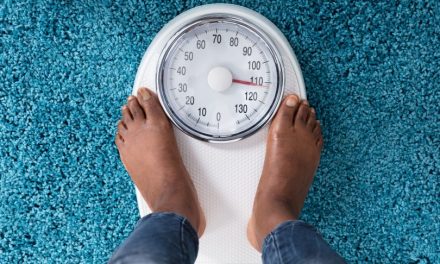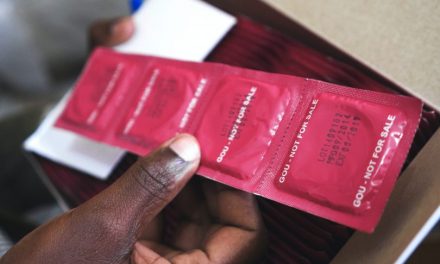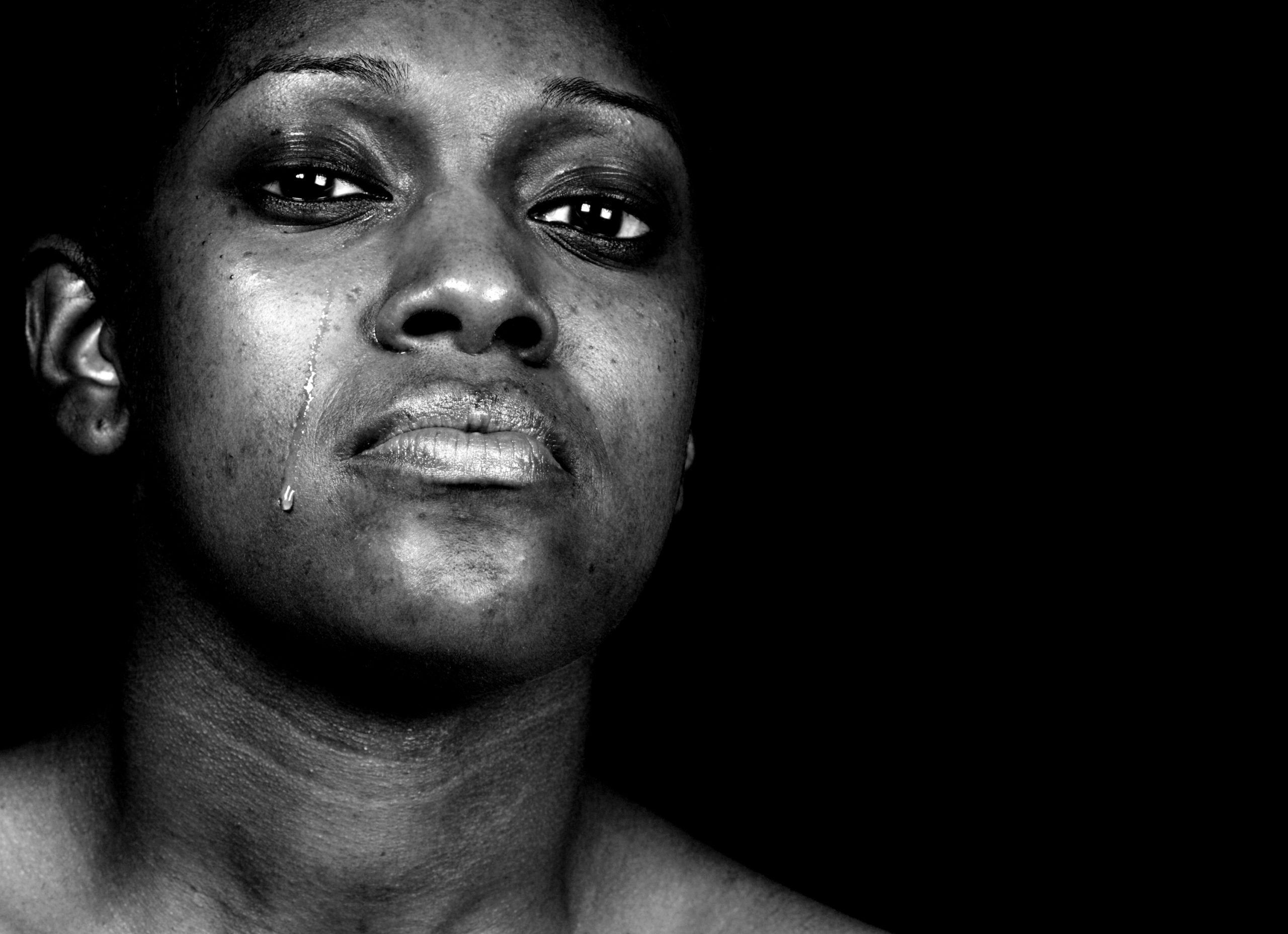Getting ready for menopause? Here is what you should know
Every woman subconsciously is aware of the biological clock that ticks as the years go by. Many women have been misinformed as well and so look forward to it with anxiety and fear. While the clock ticks many who wish to have children try to do so before the onset of menopause. Menopause is part of being a woman and occurs naturally between the peri-menopause and post-menopause phases of the female lifecycle. It is not a health condition or disorder. The menstruation period should have ceased for twelve months consecutively before one can be confirmed to be menopausal.
When does menopause start?
Menopause starts around 40 years and for some earlier, but because it is a gradual process it takes a while to be complete. Premature menopause is usually before age 40 and early menopause is around 45 years. Some women are happy when menopausal because the risk of pregnancy is zero but menopause does not prevent sexually transmitted diseases so women, transgender-inclusive with multiple sex partners should still use condoms. There usually is a decline in levels of estrogen and progesterone which are the basic female hormones. As such the body changes as well with common symptoms like vaginal discharge and/or dryness, painful sex, hot flashes within the body, weight gain, mood swings, depression, forgetfulness and sleeplessness. The stages of menopause are as follows:
Pre-menopause stage- from onset of menstruation till around the mid-to-late 40s, though it is not an accepted medical term.
Peri-menopause stage- the actual time may not be known but mostly it starts from late 40s, with decline in blood flow with other symptoms and this can last up to 3-7 years depending on individuals. Some may have a cycle once in 6 months.
Menopause stage- at this stage estrogen level is fallen, the ovaries no longer produce eggs and periods have completely ceased for 12 consecutive months.
Postmenopausal stage- at this stage menopause is over but one may not be able to pin point the exact time it starts.
What you should expect
During menopause, there is increase in the risk of certain conditions like reduction in bone density due to low levels of calcium and vitamin D, cardiovascular diseases, stroke, breast/cervical cancer and urine incontinence or leakage at the onset of menopause. In severe cases suicide could be contemplated by the one. Menopause does not cause any of these conditions, the decrease in female hormones may rather increase the risk of the conditions.
Spotting or bleeding after menopause indicates a need to consult a gynecologist to ascertain the cause and if it is not a sign of any form of cancer. Most of these can be treated with over the counter medications but if any symptom is to the extreme talking to a doctor will be better. The way a lot of women have preconceived ideas of menopause may also be contributing to the depression and mood swings.
What does the data say?
An online survey was conducted to know the experiences of an average black woman prior and after menopause. The data showed that the average age at onset of menstruation is 12 years. The average age at onset of menopause was found to be 48 years (other studies show 51) . Women reported symptoms such as lack of supportive partners, set in of depression, job loss and losing a partner to a younger woman.
This is not surprising as in some Africans societies people understand the onset of menopause as a time when women get troublesome or become talkative. As such spouses/partners, family or children often try to stay away from such women. Many men tend to go for younger women or wives when their partners are in this phase of life. Some are tagged as witches when body changes and old age set in. Love and support is all women need during this period.
Does menopause affect sex life?
The general belief is that most menopausal women do not engage in sexual intercourse. My study revealed that most women were no longer as interested in sex as before as some had sex once a month, some three times a week and some had sex once a week. These shows that menopausal women still engage in sex but its frequency wanes. Many admitted to using lubricants due to vaginal dryness.
What can you do to minimize your menopausal symptoms?
There are natural ways in which the symptoms of menopause can be relieved. Some of these include introducing calcium and vitamin D into your diet. Some foods rich in these vitamins include, beans, fish and eggs. Women must also prioritize reasonable weight maintenance, regular exercise, more water, less sugar and alcohol and supplements. Herbs like ginseng, St. John’s wort and other African herbs (as additives to food) have been proven to be helpful as well. Generally, as one ages a change in lifestyle and easy adaptation goes a long way to improve life. Other lifestyle changes include getting close to reasonable family members, volunteering in religious charity organizations, social groups, taking up a new hobby and communicating well about sex with a partner. If women can afford, hormone therapy can be administered medically. In all, menopause is not a disease and women can take steps to improve their lives.





